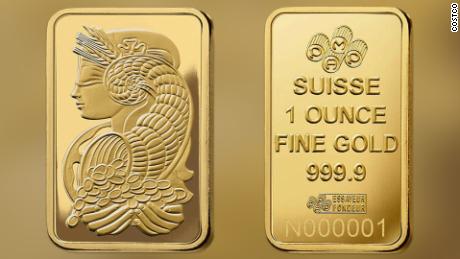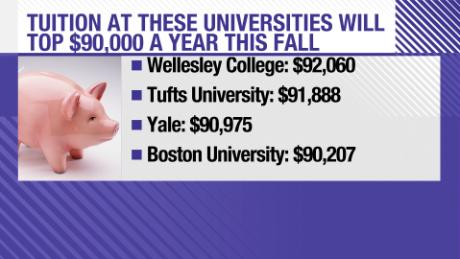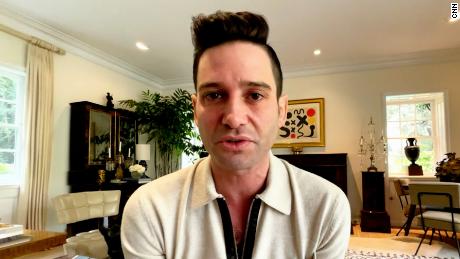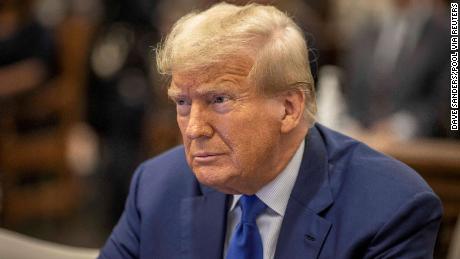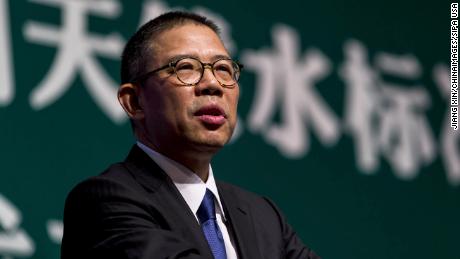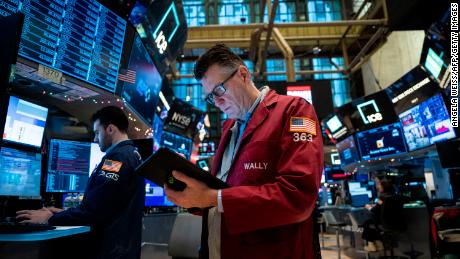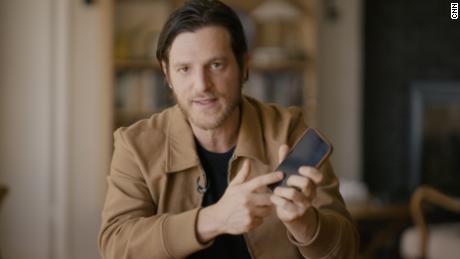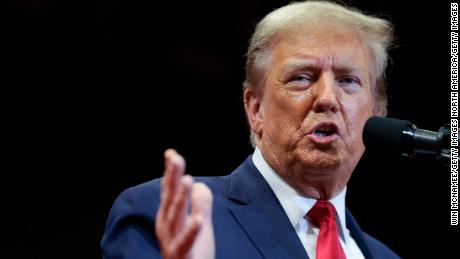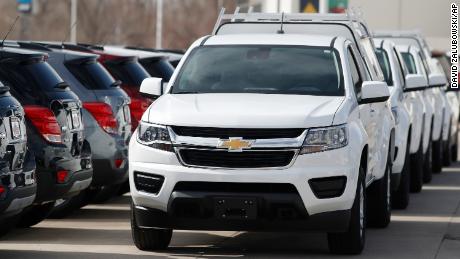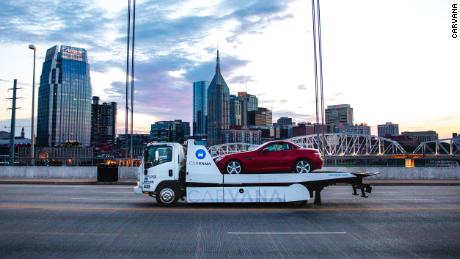(CNN)Faced with plunging demand and a country in lockdown, automakers are offering never-before-seen deals to try to sell the cars, trucks and SUVs already sitting on dealer lots.
A number of car companies, including Fiat Chrysler (FCAU), General Motors (GM) and Hyundai (HYMTF), are offering 84-month car loans at 0% interest. That's seven years without any interest. Others are offering 72-month loans at zero interest. Not only that, but buyers can put off making their first payment for 120 days, or about four months. That should be helpful for workers on furlough. (Hyundai, for one, is also offering other payment protection plans for owners who lose their jobs due to coronavirus-related disruptions.)
With loans that long and no interest at all, monthly car payments can be very low. That's assuming, of course, your credit score is good enough to qualify. But, experts warn, don't get so fixated on that very enticing interest rate that you forget to consider all your options. It may not be the best deal for you.
Consider the risks
There are some risks with taking these very long car loans. The main one: That you'll still be making payments long after the new car smell has gotten lost behind a forest of cardboard pine tree air fresheners.
You might not like the car so much by then, even if you loved it when you bought it. Also, your needs might change, said Michelle Krebs, an industry analyst with Autotrader.com. A lot can happen in seven years.
"If you're going to buy a small car how would you know what your life is going to be like in that amount of time," she said.
You might need a bigger car, maybe even an SUV or minivan, before then. Also, new cars with fancy new technologies could start to look appealing a few years down the line. Maybe you want to go electric some time before 2027.
Then there's a fundamental math problem. The longer you stretch out your loan, the longer you'll be "underwater" on your new car. That means you will owe more money on the car than the car is worth. All new vehicles lose value the minute you purchase them. The drop in value is steepest at the beginning -- right after it changes from a new vehicle into a used vehicle -- then tapers off to a gradual decline over the years.
The amount you owe on the vehicle, on other hand, declines at the same rate each month as you make each payment. With a longer loan and smaller payments, that slope will be shallower. That increases the amount of time during which you'll owe more money than your car is worth.
"It puts the transaction in a bit of a negative light in terms of 'Oh man, I've got this car and it's not even worth as much as my loan'," said Jessica Caldwell, an analyst with Edmunds.com. "It's just not a good feeling."
If you're happy with your car or crossover and plan to keep driving it, that's not really a problem. It's only a problem if your needs change or you just want to get a different car. Instead of having a trade-in that will help you pay for that new car, you'll be trading in a rolling mound of debt.
Any car dealer will be happy to bundle the remaining balance into your new car loan. That will, of course, make your next round of new car payments bigger.
Consider all your alternatives
Keep in mind, 0% interest may not be the best offer you can get. Some automakers are also offering cash rebates as an alternative to those no-interest loans. In many cases, the rebate can result in a lower monthly payment when paired with a low-interest loan.
If your credit score is good enough to qualify for a zero-interest loan, it's almost certainly good enough to qualify for other low-interest loans.
Before you start shopping, check what kind of interest rate you could get on an auto loan from your bank or a credit union. It might be even lower than what the dealership can offer outside of the 0% incentive, making for lower payments when combined with a rebate.
Also, don't assume you'll qualify for one of those 0% interest loans unless you have stellar credit. And even if you do have great credit, those loans also aren't available on every make and model. For instance, Hyundai's offer isn't available on the new Palisade full-size SUV, the sporty Veloster or a couple of other models. If you're shopping for a Chevrolet, 0% financing is available on most 2019 models but just a few 2020 models.
Finally, don't forget to negotiate the price of your new car or truck. Sometimes car shoppers get so dazzled by a headline-making deal that they forget to haggle on the price of the car.
Dealers have a strong incentive to clear out the cars on their lots, said Tyson Jominy, an industry analyst with J.D. Power and Associates. Before the coronavirus lockdowns started, dealers had, on average, about an 80-day supply of inventory. Each of those vehicles that sits unsold costs a dealer about five dollars a day in interest, he said.
Just be careful not to rush into a decision, said Jeff Bartlett, an automotive editor with Consumer Reports. It's a long term purchase so make sure you're clear on what the future holds for you.
"It's not a great deal if the timing isn't right for you," he said.







